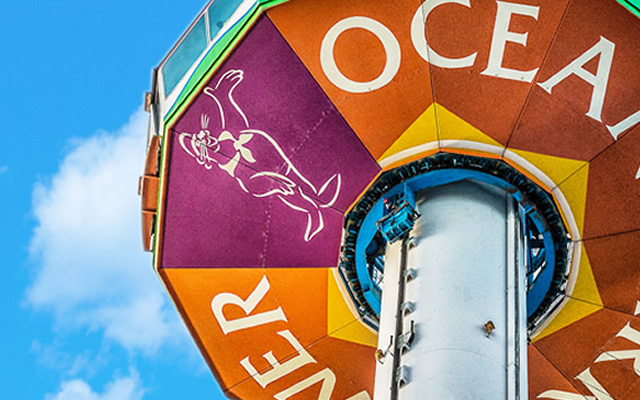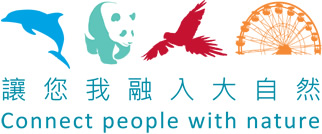Ocean Park provides a place for people to enjoy quality time with their families and friends, as well as learn about animals and be engaged in conserving wildlife and the natural environment. Since its inception in 1977, Ocean Park has evolved over the years into an international conservation centre supported by high standards of animal care, husbandry and treatment from a team of dedicated and professional staff. The Ocean Park Conservation Foundation, Hong Kong has been spearheading wildlife conservation research in Hong Kong and throughout Asia. With excellent care being the foundation of sustainable and responsible population management programmes, the Park is also committed to raising industry standards by sharing its values and experience and supporting similar global initiatives.
Ocean Park’s animal acquisition policy outlines its population management effort for whole-of-life care through its commitment to acquiring animals from similar responsible population management efforts. These include rescues, breeding loans, animal exchanges, and in some case purchases, from other accredited members of the Association of Zoos and Aquariums (AZA). Animal acquisition from the wild is not undertaken without a thorough review of the circumstances, and in some cases a population assessment would be required. A population assessment and non-detrimental findings report would precede acquisition of any animal listed under appendices I, II or III of the Convention on International Trade in Endangered Species of Wild Fauna and Flora (CITES), or as “threatened” (defined as Critically Endangered, Endangered or Vulnerable) under the International Union for Conservation of Nature (IUCN) Red List.
Ocean Park’s policies for its programme of responsible population management are seated within the AZA Code of Professional Ethics, a set of standards that guides all considerations of animal welfare matters within zoological facilities. In addition to this Code, an Institutional Programme Animal Policy is in place to guide the manner in which Ocean Park engages animals for programmes, as well as an Institutional Animal Collection Plan to guide future decisions for the Park’s zoological collection.
All dispositions of animals at Ocean Park abide by the Mandatory Standards and General Advisories of the AZA Code of Professional Ethics; specifically, “a member shall make every effort to assure that all animals in his/her collection and under his/her care are disposed of in a manner which meets the current disposition standards of the Association and do not find their way into the hands of those not qualified to care for them properly.”
Recipients of any live animals from Ocean Park are normally other accredited AZA members. However in instances where this is not possible, a thorough review of the recipient facility by way of questionnaire and a site visit are conducted prior to the transfer. The aim of this review is to ensure that the recipient facility has the expertise, records management practices, financial stability, adequate facilities, and resources required to ensure positive animal welfare is maintained for the animals and their offspring. No animal disposition is permitted that could create a health or safety risk (to the animal or humans) or have a detrimental impact on the conservation of the species.
If an animal is lost due to mortality, the cause of mortality will be thoroughly investigated and reviewed. All animal carcasses or samples not being stored for future research or ongoing pathology are disposed of in accordance with the health and safety regulations set by the government. Any death will be reported to the Agriculture, Fisheries and Conservation Department for their record.
A euthanasia policy is also in place in the event a living animal needs to undergo euthanasia. This policy follows the recommendations of the American Veterinary Medical Association (AVMA) Guidelines for the Euthanasia of Animals. Euthanasia will generally be considered only after it is clear that appropriate alternatives such as treatment are unavailable, or would be ineffective in preventing future suffering. Such consideration might be necessary for animals suffering due to disease, disability, injury or age-related factors where conditions cannot be resolved or alleviated.
Ocean Park is the first zoological facility in the world to report animal acquisitions and dispositions, including births and mortality data, in its annual report. Our data assurance has been further strengthened by engaging a third-party auditor.







